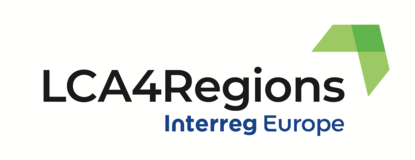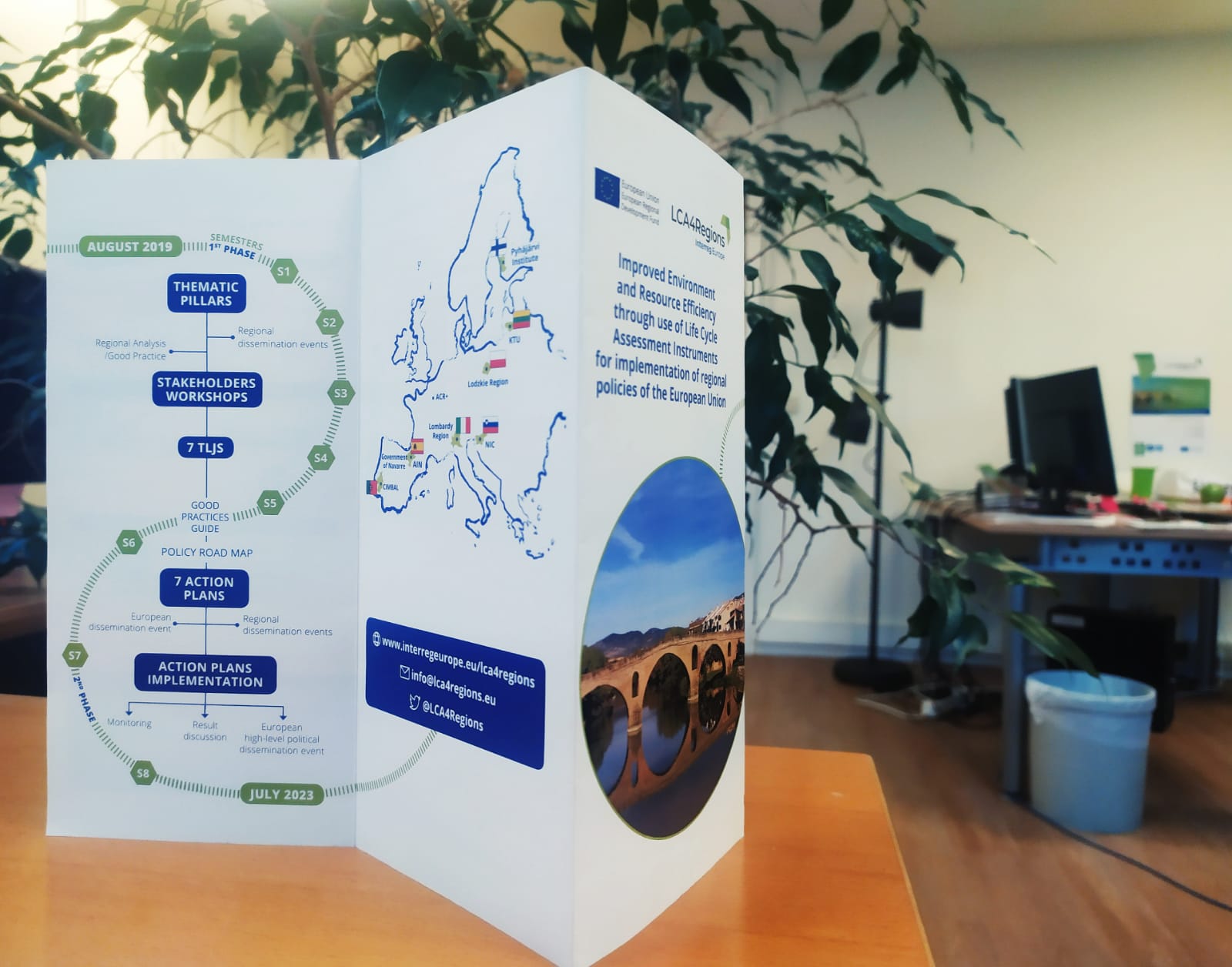The transition to circular economy is a process, especially for cities and regions. On their circular path, they need to improve policies in local public services such as transport, solid waste, water and energy. As anything that needs to be improved, circular economy must be first measured. Currently, monitoring frameworks focus mainly on measuring materials and waste production, failing to take into consideration the multi-dimensional aspect of circular economy. Supporting future circular economy policies only by macro indicators on materials, waste and recycling, means taking the risk of not directing the transition within planetary and social boundaries. Cities and regions are already taking important steps to make the link with the possible impacts on people, planet and society, by analyzing carbon footprint of material flows and linking circular economy strategies with localization of SDGs. National, regional and local sustainable development strategies also call for a system of indicators capable of detecting crosscutting effect of policies and activities.
The 6th Transnational Learning Journey, hosted by the Lombardy Region, focused on LCA for evaluating and monitoring policies.
Could integrating life cycle thinking and life cycle analysis in monitoring frameworks facilitate the overall process? Will it make these frameworks more efficient to enhance the environmental and social impacts of circular economy?
Presentations
Day 1 - Setting the framework of the use of LCA for monitoring and evaluating policies
LCA at EU level
- Life cycle assessment for supporting policies in the UE: overview and pilot initiatives for the monitoring and evaluation of policies | Serenella Sala, Deputy head of Unit, European Commission Joint Research Centre Directorate D – Sustainable Resources Land Resources Unit (D3).
- Monitoring life-cycle performance of European geothermal power plants | Federica Rosasco, Rina Consulting spa – Lombardy Region’s Technical assistance in the LCA4Regions project
LCA at national level
- The Italian Network for Life cycle assessment:
Mission and activities of the Italian network for LCA | Monica Lavagna, ABC Department – Politecnico di Milano
An ongoing research: LCA in the Waste management | Regional Programme of Italian regions”- Lucia Rigamonti, DICA Department, Politecnico di Milano - How PEF methodology can support the green transition? The case of Made Green in Italy policy | Francesco Testa, Sant’Anna Scuola Universitaria Superiore Pisa
Day 2 - LCA Good Practices
- LCA monitoring and evaluation by PC software in carbon footprint calculations
Piotr Milczarski, University of Lodz (PL) - “Doing good: carbon handprints as assessing positive impacts of companies and the public sector”
Olli Helppi, Lappeenranta University of Technology (FI) - “Trends in the use of LCC in green public procurement in Slovenia”
Albin Pintar, National Institute of Chemistry (SI) - National Registry of Carbon Footprint (CF), CO2 compensation, and CO2 absorption projects
Irene Eslava Lucumberri, AIN (ES) - Alentejo Wines Sustainability programme
Sofia Martins, IrRADIARE, Science for evolution® - Lithuanian Building Sustainability Assessment System - Sustainability of Materials
Andrius Bagdonas, Lithuanian Green Building Council (LT)
Recording
Day 1 - Setting the framework of the use of LCA for monitoring and evaluating policies
Additional documents
Transnational Learning Document #6
Policy context of the Lombardy Region
This event was part of the Second Sustainable Development regional Forum of the Lombardy Region.





